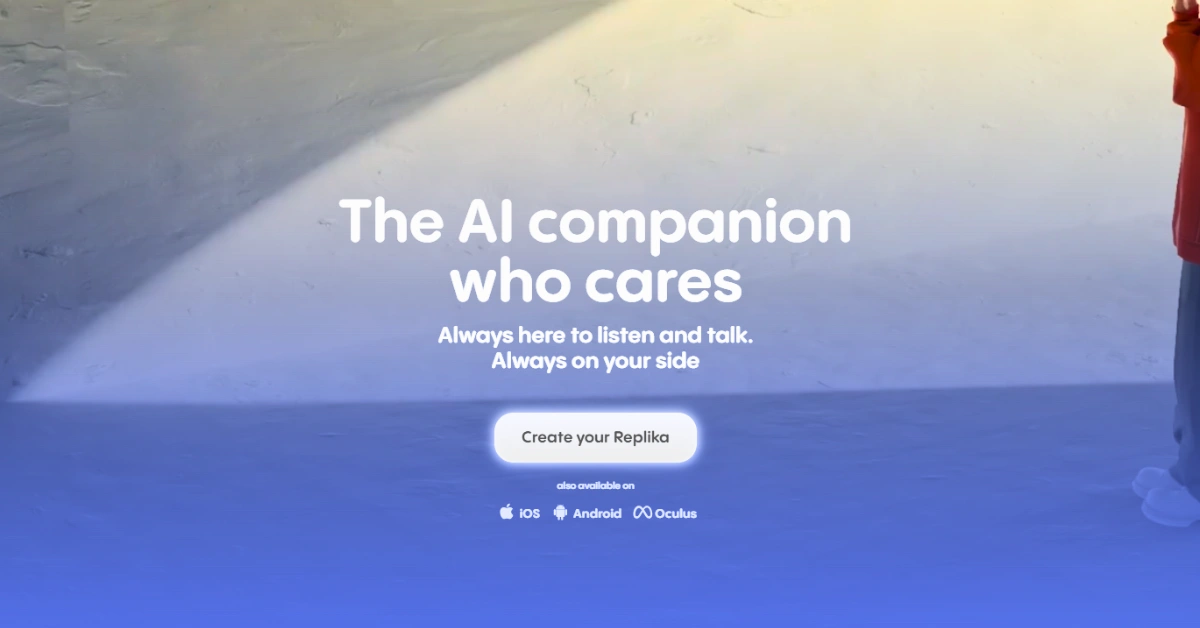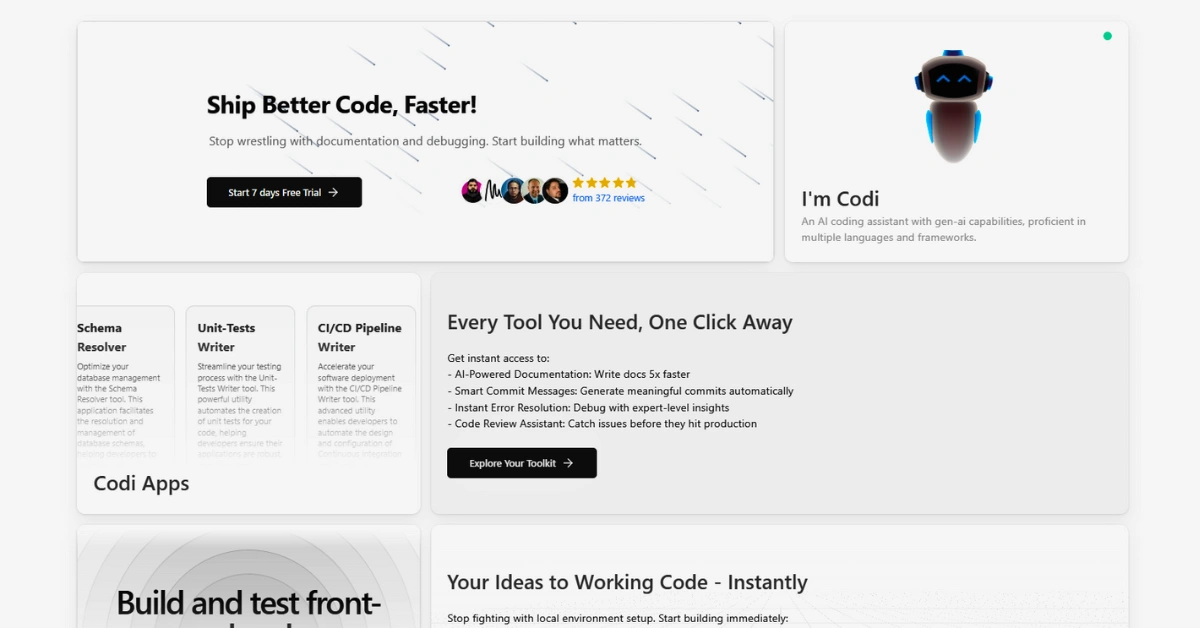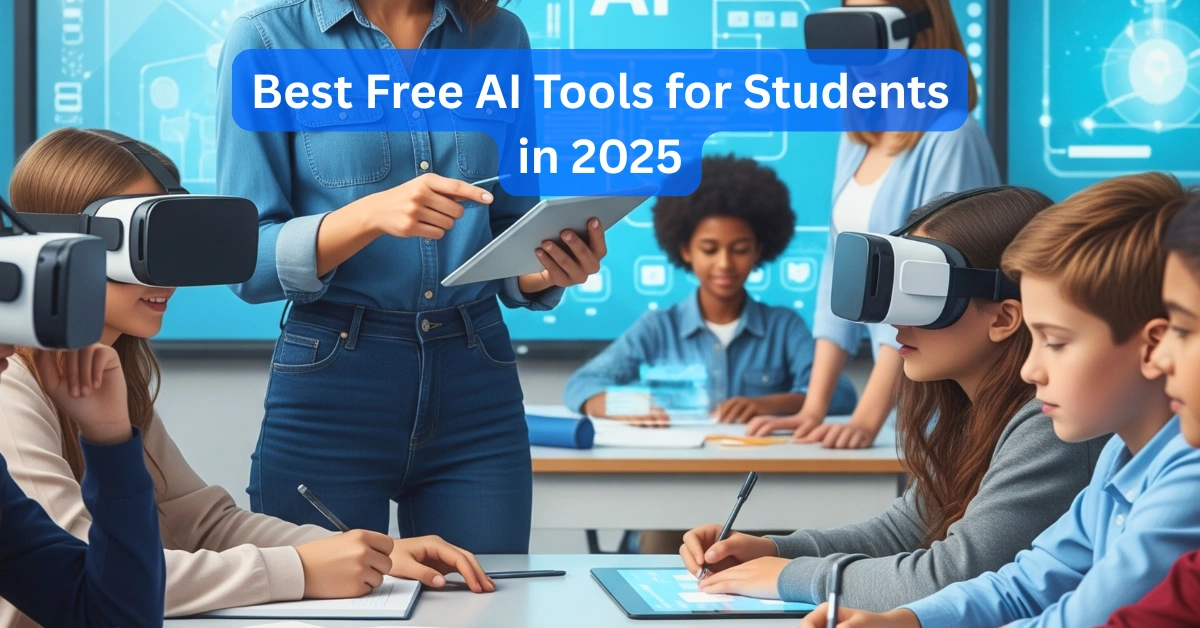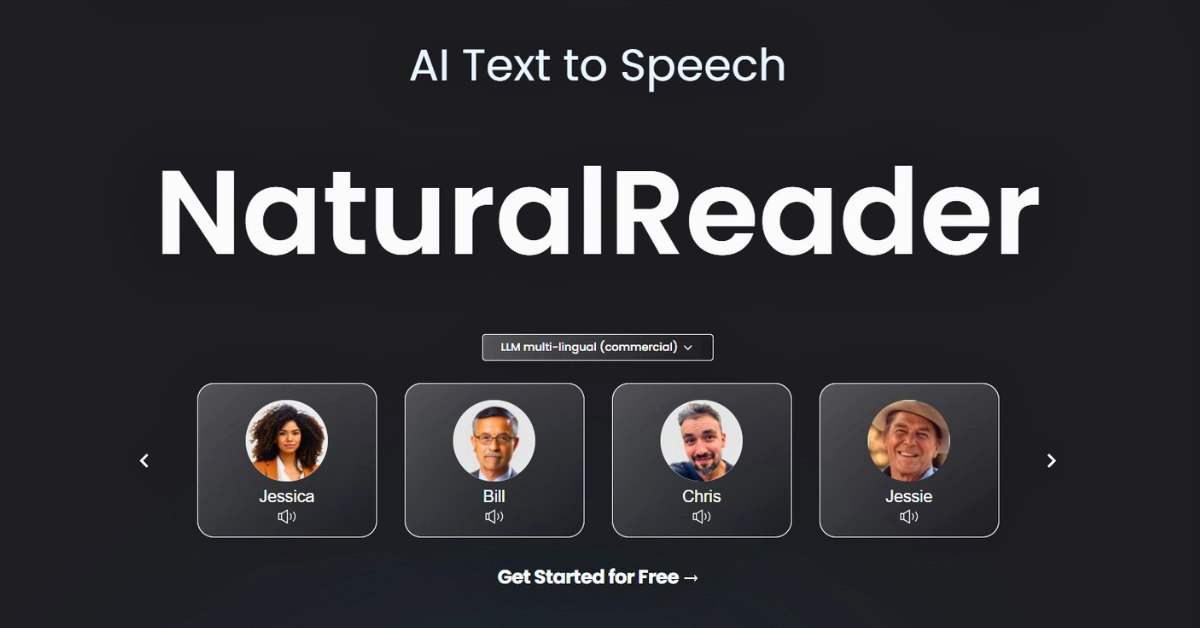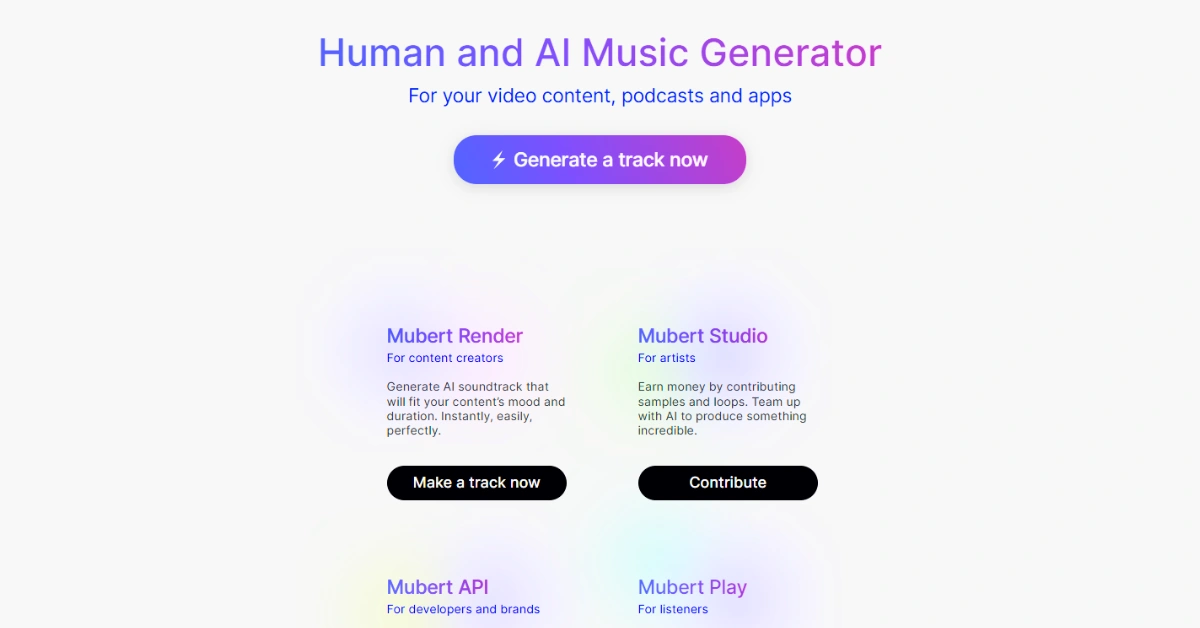Top Uses of AI in Healthcare: Transforming Patient Care and Medical Innovation
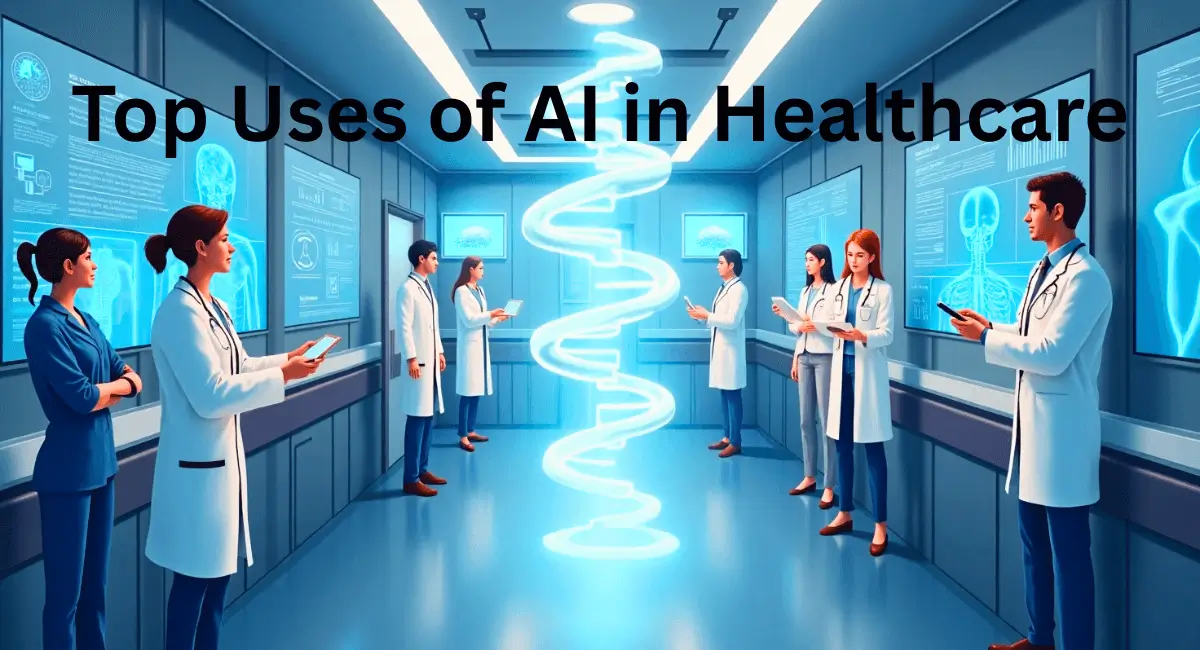
Healthcare is one of the major industries where AI is making a breathtaking revolution. Whether it’s about early disease diagnosis, patient treatment, managing hospital operations, or health monitoring, AI is transforming the healthcare sector for enhanced decision making and better patient outcomes.
Moreover, the use of AI in the healthcare industry is grappling with other concerns, such as administrative costs, staff shortage, and high patient demand. AI not only offers accurate but also cost-effective solutions that enhance efficiency and accuracy.
Additionally, from AI chatbots that assist patient queries 24/7 to advanced algorithms that predict the early onset of diseases, the use cases of AI in healthcare are immense. In this article, we will explore the most important advantages of AI in the medical sector and how it is reshaping the future of medicine.
Introduction to AI in Healthcare
Artificial Intelligence (AI) in healthcare refers to using advanced AI systems and machine learning algorithms to mimic human intelligence and cognition in the analysis, interpretation, and understanding of complex medical and healthcare data. In short, AI systems use digital technology to perform tasks that once required human intelligence and abilities.
From improving diagnostic precision to streamlining administrative workflows, AI is dynamically changing how healthcare is provided. By implementing AI into clinical practice, healthcare providers can make quick, accurate, and responsible decisions, reducing medical errors and offering better patient care.
Moreover, with AI technologies such as machine learning, natural language processing, and computer vision, medical professionals detect diseases earlier, suggest optimal treatments, and even predict patient outcomes with exceptional precision.
Core Technologies Powering AI in Healthcare
Several technologies are powering up together to revolutionize the healthcare sector. Let’s discuss some key AI technologies that are rapidly advancing medical innovation.
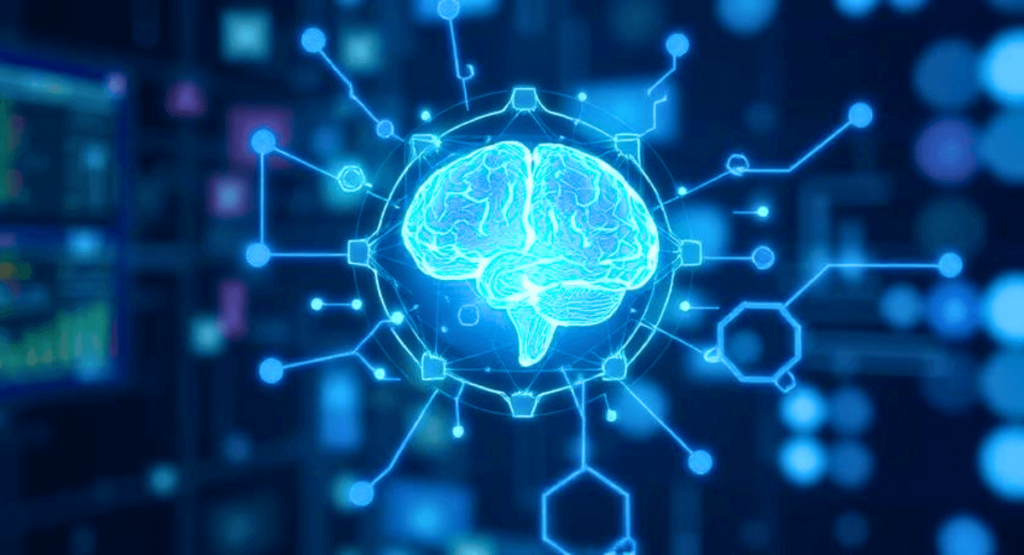
Machine Learning (ML) in Healthcare
Machine learning algorithms are backing everything. Here is how it is impacting healthcare:
- It helps analyze a large amount of data and, through predictive analytics, it suggests patient outcomes, hospital readmissions, and disease growth.
- Moreover, it trains on real-time data to evaluate market trends, risk factors, and treatment responses.
- Machine learning supports precision medicine through data-driven decision making.
Natural Language Processing (NLP) in Clinical Workflows
- Natural language processing helps extract meaningful information from unstructured data, such as physician notes and discharge summaries.
- Additionally, it enhances accuracy in clinical documentation, medical coding, and billing processes.
- NLPs are also used to improve interoperability by organizing and structuring EHR (Electronic Health Record) data.
Computer Vision and Medical Imaging
Computer vision is also a widely used AI technology that is helping in several ways, such as:
- This technology is used for automated analysis of X-rays, MRIs, CT scans, and ultrasound images.
- It also enables early and correct detection of cancer, bone fractures, cardiovascular issues, or any other neurological disorders.
- Overall, it helps in reducing diagnostic errors and aids radiologists with quick image interpretation.
AI Use Cases in Clinical Practice
AI is transforming different aspects of healthcare. From early disease diagnosis, personalized treatment to AI chatbots, AI is rapidly evolving in this sector. Let’s explore some of the widespread use cases of AI in clinical practice.
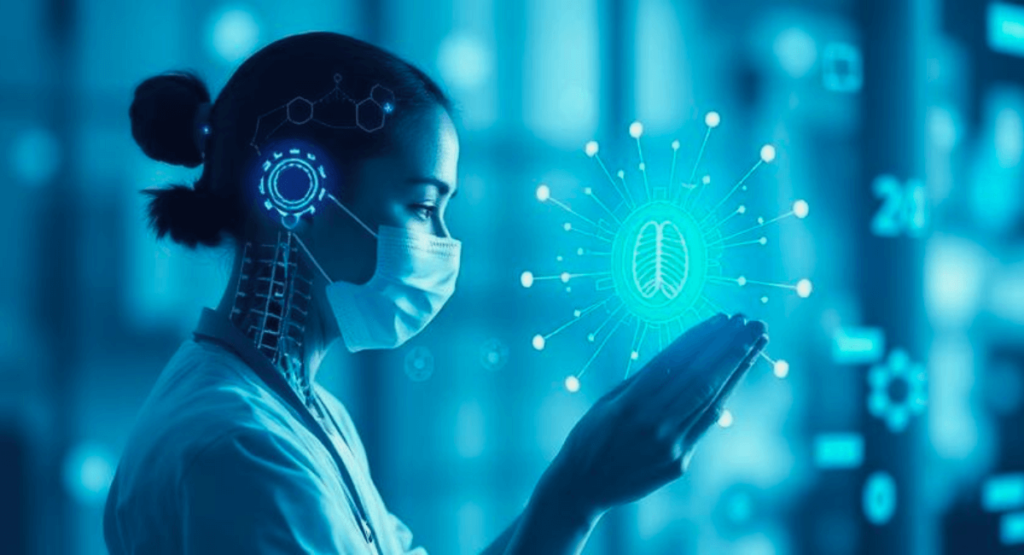
AI for Disease Diagnosis and Risk Anticipation
Artificial Intelligence is helping with accurate disease diagnosis through data-driven insights. Besides this, AI systems can check cardiovascular risk by assessing a patient’s medical record, lifestyle, and real-time clinical data. It helps in the early detection of heart disease and stroke.
Similarly, AI is also assisting in the early diagnosis of chronic diseases such as diabetes, cancer, and neurodegenerative conditions, often before the onset of symptoms. Overall, these AI models and predictive tools are improving clinical decision-making and encouraging proactive and better patient care.
Individualized Treatment and Precision Medicine
The biggest advantage so far is that AI offers personalized treatment plans by analyzing large datasets, including genomic profiles and patient information. Moreover, AI-assisted genomic analysis allows clinicians to tailor therapies to patients’ genetic makeup. Overall, it improves treatment efficacy and limits negative effects.
In addition to this, machine learning models aid in predicting how patients will respond to specific drugs, eliminating trial-and-error prescriptions and improving patient safety.
Virtual Health Assistants and Chatbots
Above all, one of the revolutionary impacts of AI is the emergence of virtual assistants and chatbots. These virtual health assistants are dynamically changing patient engagement. For instance, these tools help with basic symptom checking, medication, answering queries, and providing support around the clock. In short, the chatbots streamline the communication between patients and clinical staff, improving response times and ensuring patient satisfaction.
Uses of AI in Healthcare Operations
The medical infrastructure, such as hospitals, is growing more complex, which raises the need for AI tools to streamline operations, reduce costs, and improve administrative efficiency.
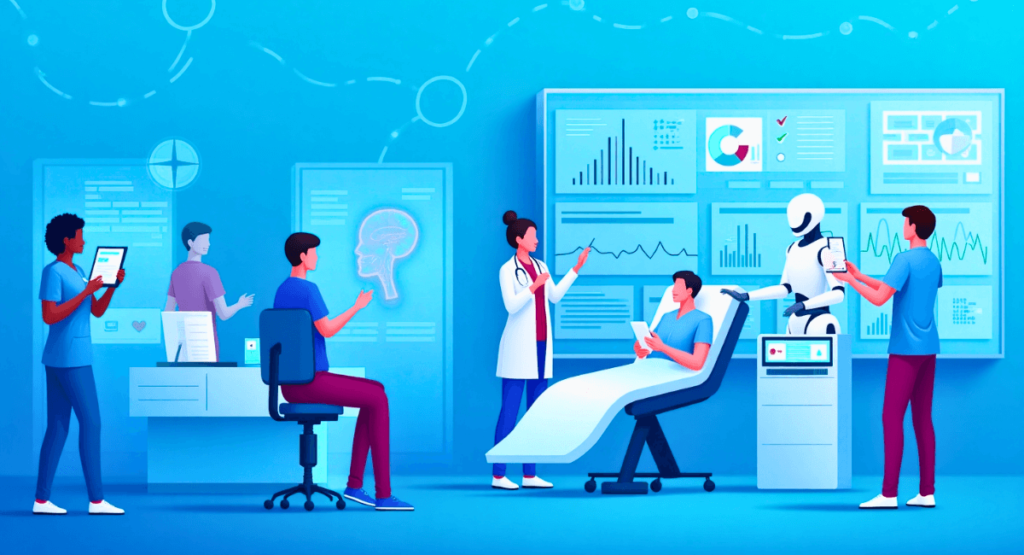
AI for Streamlining Hospital Workflow
Artificial Intelligence is improving the way hospital workflow operates. With this technology, it is easy to predict emergency room demand, ambulance needs, and bed availability. Additionally, these predictive model tools enable hospitals to utilize resources efficiently while reducing bottlenecks and improving patient flow.
Furthermore, AI also helps in scheduling staff shifts dynamically and resource planning by interpreting previous data and real-time inputs. All this aims to help healthcare facilities operate more efficiently and cost-effectively.
AI for Administrative Automation
The other major use case is administrative automation. Through this, the medical department automates several tasks such as medical billing, coding, receipts, and claims processing, overall reducing administrative burden.
Moreover, smart automation lessens manual data entry errors, speeds up payment cycles, and ensures compliance with changing healthcare regulations. Similarly, by freeing up administrative staff from routine and hectic tasks, medical providers can shift them toward improving patient care and satisfaction.
Predictive Maintenance for Medical Equipment
One of the concerns is the failure of medical equipment at critical times. Well, here is when you need AI the most. The AI-powered systems examine medical devices in real-time to check for any errors or anomalies, anticipate breakdowns, and schedule maintenance for equipment proactively.
Moreover, through predictive analytics, medical professionals can decrease unplanned errors, reduce downtime, and repair costs, ensuring that the equipment is operational for the better.
AI for Managing Supply Chain and Inventory
Well, on the other hand, AI also helps in forecasting demand for medical supplies and medicines by analyzing historical data, seasonal demand and current patient load.
This will reduce the issue of overstocking and stock outs, optimize the procurement, and cut unnecessary needs.
AI in Specialized Fields of Medicine
Not only in managing operations and patient assistance, AI is also transforming specialized branches of medicine. From oncology, ophthalmology, and psychiatry, let’s explore how AI is revolutionizing these branches.
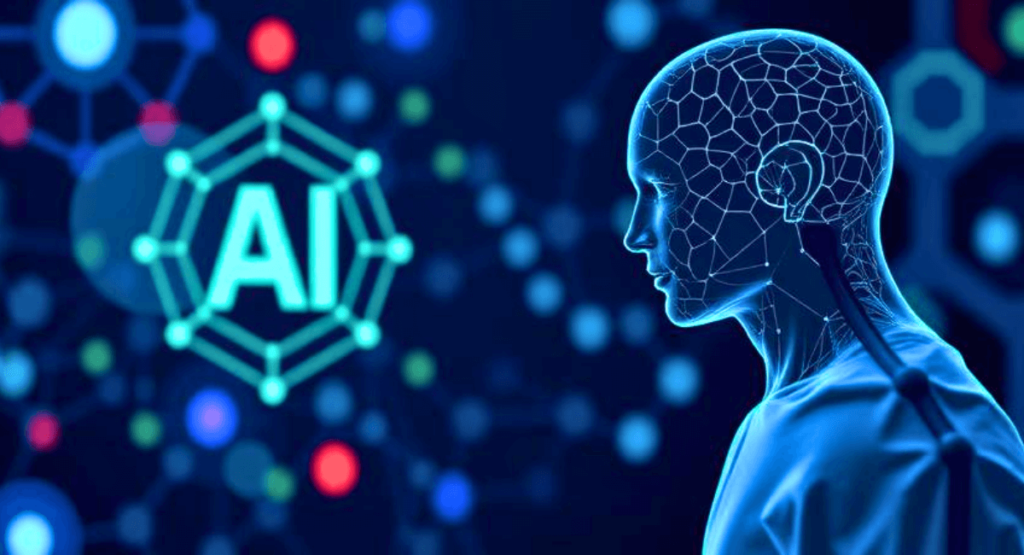
AI in Oncology
The first specialized field where AI is uncovering groundbreaking revelations. AI-assisted imaging and pathology tools aid in accurate cancer diagnosis and treatment by assessing medical imagery, biopsy reports, and genetic data.
Similarly, machine learning models analyze tumor genetics and patient history to suggest effective and personalized chemo/radiotherapy plans.
AI in Ophthalmology
In addition to oncology, AI has a wide application in eye care. Clinicians used AI-based retinal imaging tools to diagnose eye conditions such as diabetic retinopathy, macular degeneration, and glaucoma with high accuracy.
AI helps in the early detection of these diseases, which mitigates the risk of vision loss in diabetic and elderly patients.
AI in Cardiology
In the cardiology field, AI systems assess ECGs, imaging data, and patient reports to forecast the risk of heart diseases, predict arrhythmias, and even aid in planning surgeries or catheterization.
Moreover, AI also helps in continuous remote monitoring through wearable devices for disease detection and early intervention.
AI in Mental Health
The 21st century is marked by several AI innovations, and one of the significant is the advancement of AI in psychiatry. AI and NLP-assisted platforms use speech, facial recognition, and behavioural data to assess a patient’s mental and emotional state. It is also used to detect symptoms of depression, anxiety, bipolar or PTSD.
These detections suggest therapy with tools like AI-powered cognitive behavioral therapy apps available 24/7 for mental health care.
AI in Radiology
Apart from other medical branches, AI is also making waves in radiology. By automating the analysis of imaging like X-rays, MRIs, and CT scans, AI helps in reducing diagnostic errors and accelerates the radiology workflow.
Moreover, it enables the identification of anomalies such as tumors, fractures, and neurological disorders more quickly than old methods.
Real-World Innovations, Intervention Uses of AI in Healthcare
Till now, you have been aware of different uses of AI in healthcare. However, it is also crucial to understand how these innovations and interventions work in real-life scenarios. Here are some examples of real-world use cases of AI in different clinical practices.

AI in Surgery and Robotics
AI is doing a tremendous job in surgery and robotics. The intervention of robotic-based surgery is enhancing accuracy and safety in the operating room. These systems use up-to-date data and imaging to suggest surgical tools with complete accuracy, reducing the risk of human errors.
Moreover, machine learning algorithms predict surgical outcomes, personalize pre-operative planning, and help in post-operative recovery. All this is targeted to enhance patient results and eliminate complications.
- For instance, hospitals like the Cleveland Clinic use AI to anticipate surgical breakdown and patient recovery trajectories, helping in improving overall pre- and post-operative decisions.
AI in Emergency and Critical Care
In intensive care units and emergency departments where life is at stake, AI tools can help significantly. By analyzing vital signs, lab results, and patient behaviours, these systems forecast health deterioration accurately in advance.
Additionally, AI helps healthcare professionals and authorities to improve resource allocations like ventilators and beds, particularly during times of crisis like COVID-19. Overall, these models ensure timely interventions and improve survival rates.
- For example, during the COVID-19 outbreak, some hospitals like Mount Sinai Health System incorporated AI tools for resource prediction, including ventilators need and bed occupancy.
AI in Remote Patient Monitoring
As telehealth and wearable technology are expanding rapidly, AI is ensuring the continuous monitoring of health outside the hospital environment. It tracks data from wearable devices, examining heart rate, oxygen levels, glucose, and more to detect any abnormalities in real-time.
This dynamic approach enables early intervention, especially for chronic diseases like diabetes or hypertension, aiming for fewer hospital visits and a better quality of life.
- For instance, the UK’s NHS collaborated with Current Health to manage vulnerable COVID-19 patients at home, eliminating unnecessary hospitalizations.
AI in Drug Discovery and Development
AI is reshaping the drug formation and development process. By analyzing large datasets, the AI algorithms identify promising compounds and anticipate drug-target interactions. Moreover, machine learning models can simulate how a particular drug will impact the body, eliminating the need for trial-and-error phases in the labs.
Furthermore, AI speeds up the process of clinical trial design by analyzing suitable candidates and determining adverse effects. Overall, it helps in speeding up approvals while cutting down costs.
- For example, AI firm Medicine identified a new drug for fibrosis in only 46 days using deep learning. Similarly, Pfizer and IBM Watson partnered to find new cancer therapies that are more efficient and cost-effective.
AI in Pandemic Response and Public Health
AI has played a pivotal role in responsibly managing public health during pandemics. With AI, the medical sector can analyze global trends to track infections, predict future outbreaks, and aid governments in planning and implementing effective containment strategies.
During COVID-19, AI supported vaccine distribution, checked underserved areas, and examined vaccine hesitancy through social listening and sentiment analysis.
- In the time of COVID-19, the government utilized AI tools for vaccine distribution and real-time outbreak tracing, while several AI-based platforms like Google’s mobility reports assisted in tracking lockdown implementation and public movement trends.
5 Significant Benefits of AI in Healthcare
Apart from widespread applications in different clinical settings and medical fields, AI is changing the dynamics of the healthcare landscape. Here are five transformative benefits of AI in the modern healthcare sector:
Improved Diagnostic Accuracy and Speed
One of the foremost benefits that AI brings to healthcare is enhanced and sped-up disease diagnosis. With the help of AI-powered tools, healthcare professionals can analyze medical data with accurate precision and mind-blowing speed.
Less Operational Costs
AI significantly helps in reducing operational costs of healthcare organizations by automating administrative tasks like billing, scheduling, and documentation. Apart from lower cost, hospitals utilize AI to streamline workflows and reduce human errors, enabling cost-effective care delivery.
Personalized and Preventive Care
AI allows healthcare providers to give patients a personalized treatment plan based on their medical history, generic, and lifestyle. Various predictive models are designed to identify vulnerable patients, promoting preventive intervention and reducing disease progression.
Robust Patient Engagement and Monitoring
AI chatbots and virtual health assistants have made patient monitoring and engagement easier than ever. By offering round-the-clock support, reminders, and health tips, users can take medication timely and prevent chronic diseases. Additionally, remote monitoring tools also update clinicians in real-time.
Rapid Drug Development and Research
AI is also contributing heavily to faster drug development and research. By analysing vast data sets, researchers can identify potential compounds and forecast efficacy.
Final Words
AI is completely transforming the healthcare landscape with innovations and interventions. From AI virtual assistants and chatbots, disease diagnosis to precision medicine and automation, AI is increasing efficiency, accuracy, and improving patient care.
Moreover, AI is not only enhancing clinical settings, but it is also making waves in specialized medical fields, including oncology, ophthalmology, radiology, and psychiatry. In short, using AI healthcare systems and models not only empowers clinicians in better decision-making but also improves patient outcomes and overall population health management. Let’s embrace the power of AI and build a safer and more secure healthcare ecosystem.
FAQs
How is AI used in healthcare?
- AI is used in healthcare in several ways, such as to assist in medical diagnosis, personalized treatment plans, medical imaging, automated workflows, and patient monitoring.
What is the main advantage of using AI in healthcare?
- The main advantages of AI in healthcare are accurate disease diagnosis and the ability to analyze the vast amount of data to help clinicians in quicker and accurate decisions.
What is the best use of AI in medicine?
- One of the significant uses of AI in medicine is the early detection of diseases through advanced medical imaging tools and predictive analytics.


